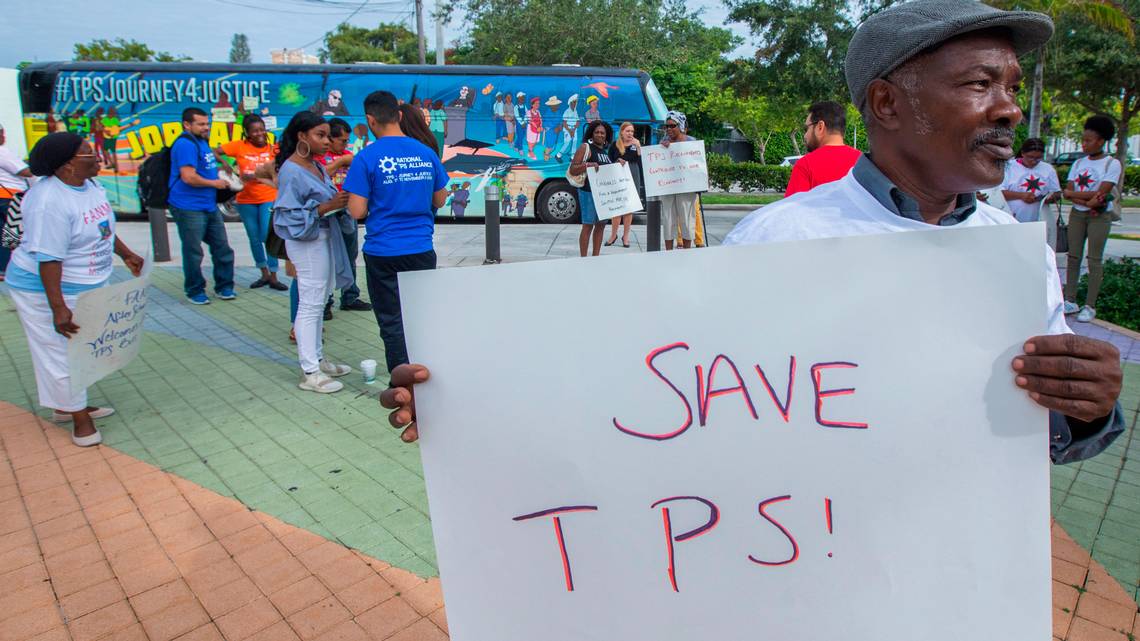|
Getting your Trinity Audio player ready...
|
A Southwest Airlines plane was struck by a bullet at Dallas Love Field Airport on Friday evening, raising questions about airport safety and security in the United States. The Boeing 737-800 was preparing for departure to Indianapolis International Airport when the gunfire hit the aircraft on the right side, just under the flight deck.
The crew immediately returned the plane to the gate, allowing passengers to exit safely. No injuries were reported, and the flight was canceled. Southwest Airlines removed the aircraft from service and provided another flight for the passengers.
Comparing Dallas to Haiti: Aviation Security Under Threat
This incident comes just a week after a similar event in Haiti, where gunfire struck a Spirit Airlines plane at Toussaint Louverture International Airport in Port-au-Prince. In Haiti, the FAA responded by grounding all U.S. flights to and from the country, citing ongoing violence and security concerns around the airport.
While the Dallas incident caused a brief closure of runway 13R/31L, operations resumed later that evening with “minimal impact,” according to a statement from Dallas Love Field Airport. The FAA has not suggested broader actions, such as suspending flights or closing the airport entirely.
In contrast, Haiti’s situation remains tense, with continued unrest and concerns over passenger and crew safety. The FAA’s decision to halt flights to Haiti reflects the heightened risk and the inability of local authorities to ensure safe operations near the airport.
Key Differences: Context Matters
The gunfire incident in Haiti occurred amidst widespread violence and instability, whereas the Dallas event appears to be an isolated occurrence with no evidence of a larger security concern. In Haiti, the FAA responded by grounding flights for several days due to heightened risks. In contrast, Dallas experienced only a brief runway closure, with operations resuming quickly and with minimal disruption. Additionally, U.S. airports like Dallas Love Field benefit from robust security protocols and a rapid law enforcement response, which likely played a key role in swiftly containing the situation.
A Growing Concern for Aviation Security
Both incidents highlight the vulnerabilities of aircraft near airports. Whether due to stray bullets or targeted actions, gunfire poses a significant risk to passengers and crew.
In Dallas, the FAA and law enforcement are investigating the source of the gunfire to determine whether it was an accident or deliberate. Enhanced security measures in the area may follow. Meanwhile, Haiti’s challenges are more systemic, reflecting deeper issues with political instability and public safety.
While the FAA appears unlikely to close Dallas Love Field Airport, the incident underscores the importance of maintaining robust security around airports. The swift response in Dallas demonstrates the resilience of U.S. aviation systems, but the comparison to Haiti serves as a reminder of how fragile airport security can become in the face of external threats.
As investigations continue, both cases illustrate the need for global aviation authorities to prioritize safety in increasingly complex environments. Whether in the U.S. or abroad, ensuring the safety of air travel remains a shared responsibility.




